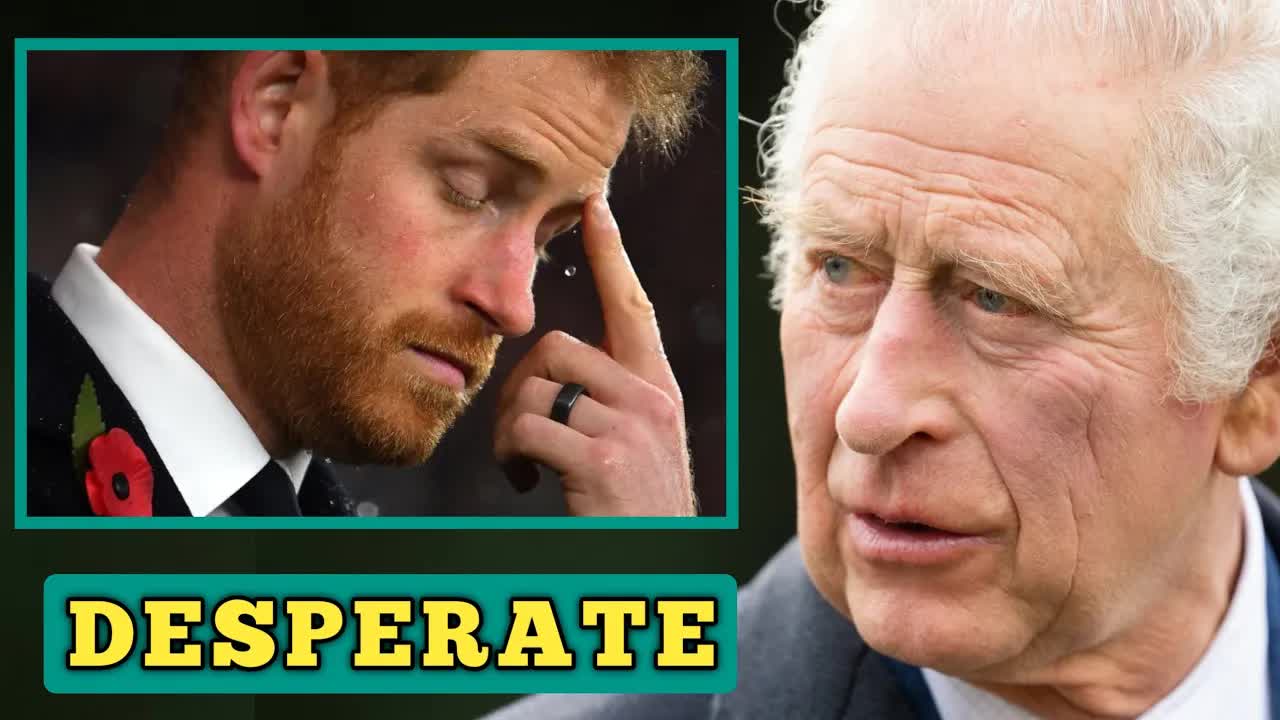Prince Harry may soon find himself in a precarious situation if his visa to the United States is revoked.
This predicament stems from revelations in his autobiography, “Spare,” where he candidly discusses his past drug use.
Such admissions could lead to a significant fallout, potentially forcing him to leave the U.S. and return to the UK under less-than-ideal circumstances.
If a judge in Washington decides to publish Harry’s visa application, it could expose any discrepancies in his answers regarding drug use.
The question of whether he has ever taken illegal drugs or struggled with addiction is critical.
If he checked “yes,” it would likely disqualify him from holding a U.S. visa, which is notoriously strict about immigration policies.
In “Spare,” Harry opens up about his experiences with drugs, including smoking cannabis, trying cocaine, and using magic mushrooms.
These revelations have raised eyebrows, especially considering the United States’ rigorous immigration standards.
A notable example is celebrity chef Nigella Lawson, who was barred from entering the U.S. in 2014 after admitting to similar drug use.
The Heritage Foundation, a conservative advocacy group, is pushing the Department of Homeland Security to release Harry’s visa documents, arguing that it’s a matter of public interest.
This situation highlights a broader principle in American society: the belief in equal justice for all, regardless of one’s status or wealth.
No one, not even a prince, should receive preferential treatment.
John Pardue, a lawyer for the Department of Homeland Security, emphasized that Harry’s confessions in his book do not constitute formal evidence.
He pointed out that what’s written in a book isn’t sworn testimony and doesn’t inherently confirm the truth of those claims.
However, this argument does little to assuage concerns about the potential implications of Harry’s admissions.
Neil Gardner, director of the Heritage Foundation, noted that Harry hasn’t denied any of the drug use allegations mentioned in his memoir.
This silence speaks volumes, especially since he made these confessions while residing in California, raising questions about the wisdom of such disclosures.
Should the Heritage Foundation prevail in their legal battle, and if it’s revealed that Harry answered “no” to the drug use question on his visa application, the consequences could be severe.
It might derail the ambitious plans of the Duke and Duchess of Sussex to establish a media empire in California.
If his visa is revoked, Harry will have to leave the U.S. immediately.
This raises a critical question: where would he go?
Canada, where he and Meghan previously lived, might not be welcoming due to the security expenses associated with hosting a royal family member.
Returning to the UK presents its own challenges.
Since stepping back from royal duties, Harry has strained relationships with his family and the British public.
While King Charles has expressed that Harry is always welcome, public sentiment appears less forgiving, with many expressing discontent toward Meghan.
The prospect of returning to Britain under these conditions would undoubtedly be a significant blow to Harry’s dignity.
Furthermore, it seems unlikely that his brother, Prince William, would be there to extend a warm welcome upon his arrival.
As this situation unfolds, the world watches closely.
The implications of Harry’s past admissions could reshape his future, both personally and professionally, as he navigates the complexities of royal expectations and public opinion.
Related Stories

